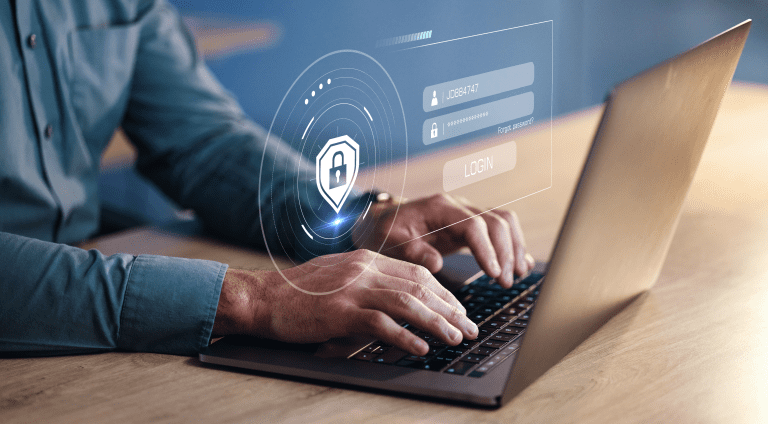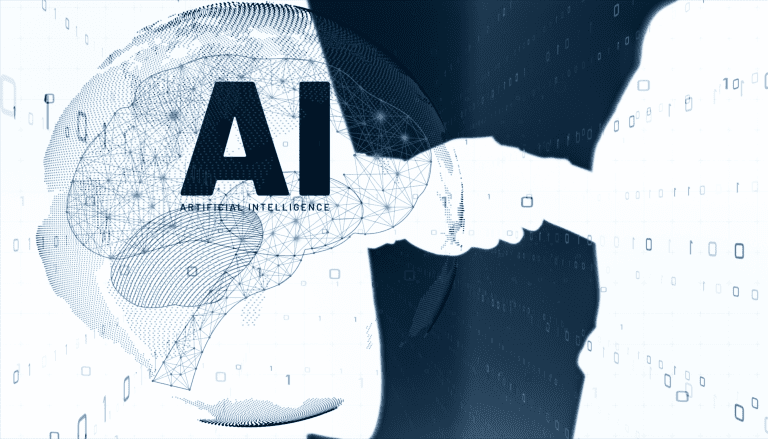The onset of Covid-19 had organisations across the globe scrambling to find solutions to the sudden and widespread shift to remote work. More than a year later, it is clear that the pandemic has permanently influenced perceptions and the employee experience of workplace culture.
Organisations are looking for long-term solutions to embed employees within their satellite offices comfortably, with little disruption, where corporate culture is successfully simulated online. The employee experience has undoubtedly changed. Covid-19 didn’t bring us anything new when it forced businesses to close their brick-and-mortar locations and move to a remote model – it merely accelerated an inevitable migration that may have taken months or even years to fully realise.
In an effort to adapt and meet the challenges of the moment, some organisations have fully embraced the move to digital and remote working, while in other instances employees felt unsupported as they tried to navigate a new way of working and interacting with colleagues and customers. Obviously, internal structure, communication, and company culture are more important than ever. Businesses that have seen the benefit of the transition have made long-term strategic decisions and implemented new digital first processes and systems to ensure the longevity of this new way of working.
There has been a noticeable surge in businesses turning to digital experts to guide them through the digital migration process. In addition, experience experts are also being called upon to weigh in on the employee experience; outlining improvements in the employee retention strategy, among others, and are proving to be a pivotal force in transforming organisations into favoured employer brands.
Traditional structures and roles have been turned upside down, and while the psychological need for human face-to-face contact remains important, there are definite upsides to the swift effect on workplace culture. From collaboration to recognition, digital is making a show of potential as employers are finding that online working and virtual spaces are becoming a catalyst for innovation. By bringing in experience experts to help organisations navigate new strategies, they benefit from the immediate delivery of tried-and-tested methodologies as well as best practice and industry-aligned templates and processes – mitigating the need to attempt to figure it out on their own.
With employees not having to face the stress of morning and evening traffic, employers are finding them to be more focused and energised. With less anxiety, positive employee sentiment is on the rise. While there are many positive aspects in mapping out a new workplace culture, it is vitally important to seek the advice of experts in employee experience to avoid pushing budgets toward unnecessary technology and solutions that could potentially become blockers of productivity and growth. One of the major red flags we’re seeing already is that organisations who’ve migrated online, are spending more time trying to track employees’ productivity thereby creating more unnecessary administrative tasks that can be avoided through a smart and strategic employee strategy.
As the road to a Covid-19 recovery draws closer, I predict that organisational leaders will need to carefully consider and engage with the overall employee experience and how it should be designed and structured. Even small adjustments to the employee experience will make a huge difference to business goals and outcomes. As more organisations move online, changes to the employee experience are inevitable as well.
Reynhardt Uys is the Chief Experience Officer at Immersion Group.

























